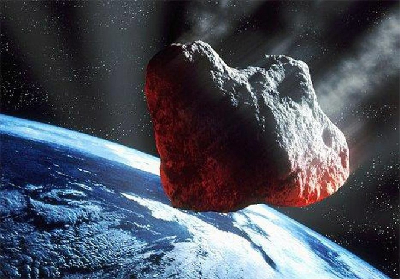 As preppers, we’ve spent a lot of time and energy stocking up on the essentials, and learning new skills that will help us survive without the safety net of civilization. We understand the fragility of our society, and the many ways it could quickly fall apart, and we have prepared ourselves to defend our homes and families. But exactly how long are we planning on surviving for? A few weeks or months? Several years or more?
As preppers, we’ve spent a lot of time and energy stocking up on the essentials, and learning new skills that will help us survive without the safety net of civilization. We understand the fragility of our society, and the many ways it could quickly fall apart, and we have prepared ourselves to defend our homes and families. But exactly how long are we planning on surviving for? A few weeks or months? Several years or more?
At some point, we can expect our supplies to run down, and our equipment to fall apart, and even the simplest of tools require a fairly specialized division of labor to make. Eventually, we’d have to move beyond survival, and start trying to build a new future for our children. We’d have to start rebuilding civilization.
This of course, is no simple task. Our society is built on technologies that many of us will never completely understand. The things we own have become so intricate and sophisticated that we have no idea how these things are made. As I write this, I’m looking around my bedroom and examining the things I own, and I can’t find a single item that I could perfectly duplicate by myself. It’s humbling to say the least.
Fortunately we can still master some of the basics that would help civilization get back on its feet. Here are seven books that will help you learn some of the essential skills and cornerstone technologies of civilization. It is by no means a complete list, so feel free to include some of your own ideas in the comments.
The Knowledge: How to Rebuild Our World from Scratch
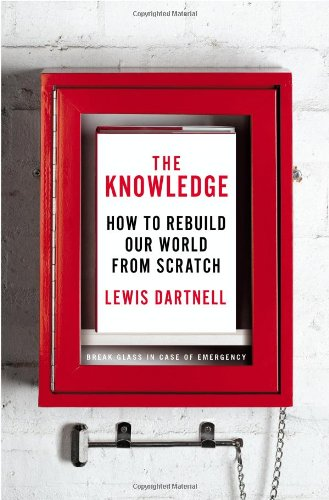 Written by scientist and researcher Lewis Dartnell, it details how humans could rebuild civilization after a global catastrophe, and gives a run down of crucial skills like agriculture, metallurgy, and power generation. However, the skills he describes are rudimentary at best. What’s more important is that he describes which technologies would be the most important and the logistics of making them, rather than how to actually make them. It’s a great starting point for anyone trying to figure out the nuts and bolts of civilization. The Knowledge: How to Rebuild Our World from Scratch
Written by scientist and researcher Lewis Dartnell, it details how humans could rebuild civilization after a global catastrophe, and gives a run down of crucial skills like agriculture, metallurgy, and power generation. However, the skills he describes are rudimentary at best. What’s more important is that he describes which technologies would be the most important and the logistics of making them, rather than how to actually make them. It’s a great starting point for anyone trying to figure out the nuts and bolts of civilization. The Knowledge: How to Rebuild Our World from Scratch
507 Mechanical Movements: Mechanisms and Devices 
Our world is built on countless mechanical devices, many of which we never see or acknowledge. At around 121 pages, this short book gives a basic description and diagram for every gear, pulley, and screw configuration you could possibly think of, and many more that you never even knew existed. 507 Mechanical Movements: Mechanisms and Devices
The Papermaker’s Companion: The Ultimate Guide to Making and Using Handmade Paper
Making your own paper is one of those skills that most people haven’t thought of in a really long time. Modern society has made paper cheap and ubiquitous, and the rise of computers has made it a lot less important in our lives. However, any kind of calamity that would threaten our computer reliant society would turn paper into a hot commodity. Until a few decades ago, paper was the most efficient means to store data and knowledge. Without it, an advanced and cohesive civilization would not be possible. The Papermaker’s Companion: The Ultimate Guide to Making and Using Handmade Paper
Ham Radio For Dummies
Whenever there is a major disaster, ham radio operators are often the last remaining line of communication to the outside world. If a global catastrophe were to occur, they would be crucial to the rebuilding of civilization. Small societies after the collapse would need a way share news and trade for supplies that they can’t produce in their locale. Our society hinges on millions of people working together, often over long distances, and radio would likely be the only way for these people to communicate and cooperate. Ham Radio For Dummies
Mini Farming: Self-Sufficiency on 1/4 Acre
Obviously, food would no longer be as cheap or easy to find after a major collapse. Without a global network of distribution, everyone would have to produce at least some of their own food, and many of us would not have the workers, animals, or equipment required to run a large farm. Most families would be on their own for a long time, and would have to learn how to grow lots of food on small manageable farms. Mini Farming: Self-Sufficiency on 1/4 Acre
Basic Soap Making: All the Skills and Tools You Need to Get Started (How To Basics)
Despite a history spanning several thousand years, soap was never widely accepted until the discovery of bacteria. Up until that point, is was very common for people to enter a hospital with a mild illness only to leave in a coffin (a situation we’re beginning to experience again in modern times). Now that we know what germs can do to us and how they’re spread, soap has become an essential part of healthy living. Life after any disaster large or small, is going to be unbelievably unsanitary, and knowing how to make soap could save your life. Basic Soap Making: All the Skills and Tools You Need to Get Started (How To Basics)
Alcohol Fuel: A Guide to Making and Using Ethanol as a Renewable Fuel
And finally, this list would not be complete without including a way to produce alcohol. In fact, the ability to produce alcohol may have been responsible for creating civilization in the first place. In this case however, I’m not talking about the kind you drink. Alcohol is also a potent antiseptic, and a great source of fuel. While it certainly wouldn’t be able to completely replace oil and natural gas, it would likely become the next best thing until society is rebuilt. Alcohol Fuel: A Guide to Making and Using Ethanol as a Renewable Fuel (Books for Wiser Living from Mother Earth News)

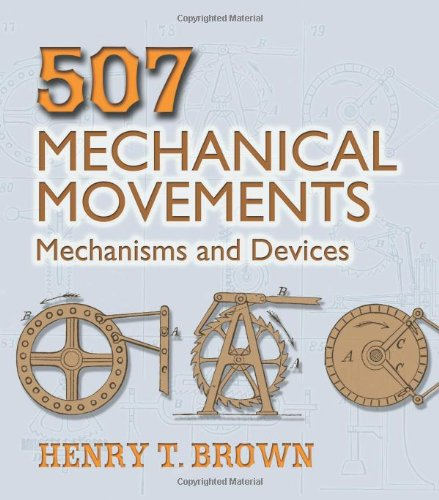
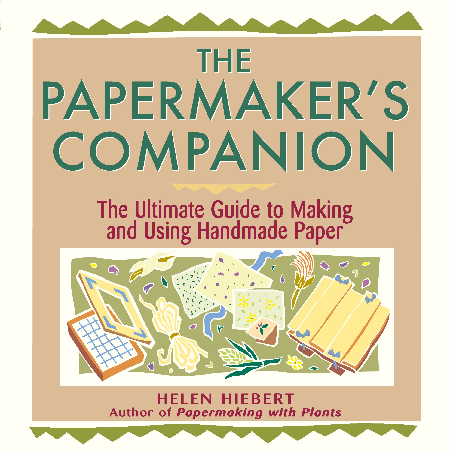
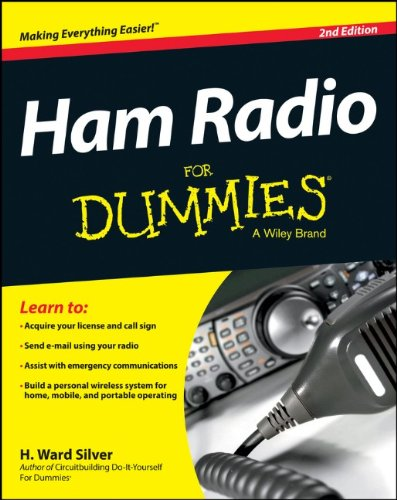
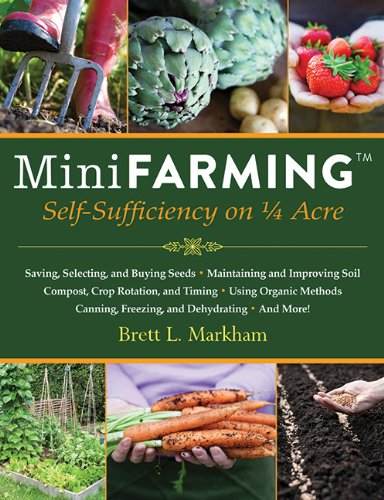
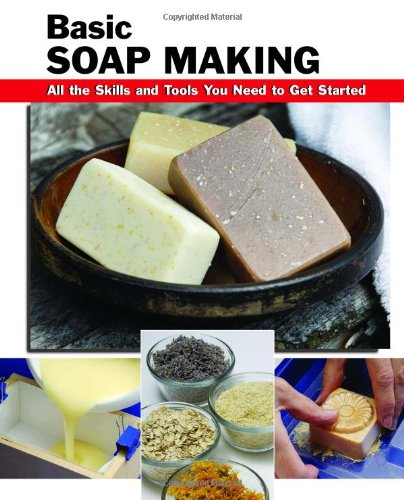

Add this one: Unintended Consequences by John Ross..fine (long) read for those who expect SHTF/TEOTWAWKI is coming asap.
Having the knowledge of mechanical, agricultural, chemical and other basic technology is obviously needed. The big problem I see is the lack of easily accessible resources, such as coal, metal ore and minerals, petroleum, draught animals, water and easily farmed land. We have resources now, but they are remote, only useable with modern infrastructure. All the easily mined minerals are gone, all the easily drilled oil is gone, we use petroleum powered machinery to harvest our crops hundreds or thousands of miles from where our people live. We will still have fairly nice roads after a collapse, and much of our infrastructure could be ‘mined’ for metals, but energy other than water power and an occasional solar panel will be scarce.